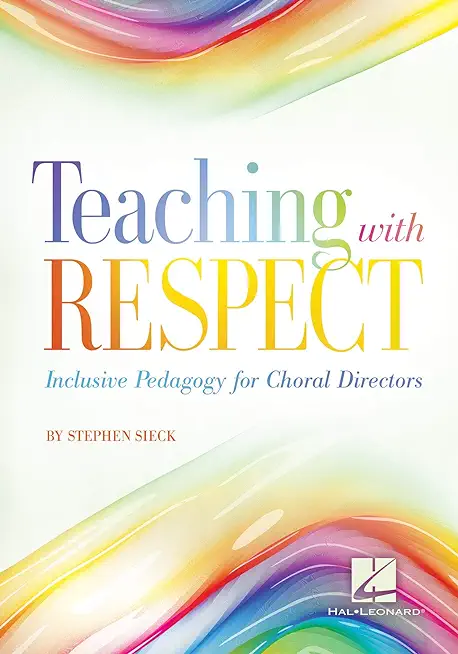
description
4(Choral). This is a book for choral directors who find themselves in conversations they might not feel ready to have. Teaching with Respect prompts us to ask deeper questions about the language we use, about systems of power, about our heritage and inheritance. When we examine our teaching, we may find that, while we do not intentionally act with racism, sexism, or bigotry, we may be complicit in adopting systems and language that marginalize and discriminate. But since we want to be the kind of directors that foster artistic communities built on respect, we must be willing to ask such questions. And the burden cannot be on our singers who are being marginalized to teach us a more respectful path; it is on us to learn how it is that we are marginalizing. In this book we look closely at our teaching strategies. How does our repertoire and instruction intersect with our singers' identities, specifically their learning abilities, gender, sexuality, religion, ethnicity, and race? How do we engage with our audience? The book suggests an ethical approach to teaching choral music that is centered on respecting the singers in front of us. Readers will discover ways to maintain and elevate their artistic standards of excellence while also expanding their mindset.
member goods
No member items were found under this heading.
Return Policy
All sales are final
Shipping
No special shipping considerations available.
Shipping fees determined at checkout.







